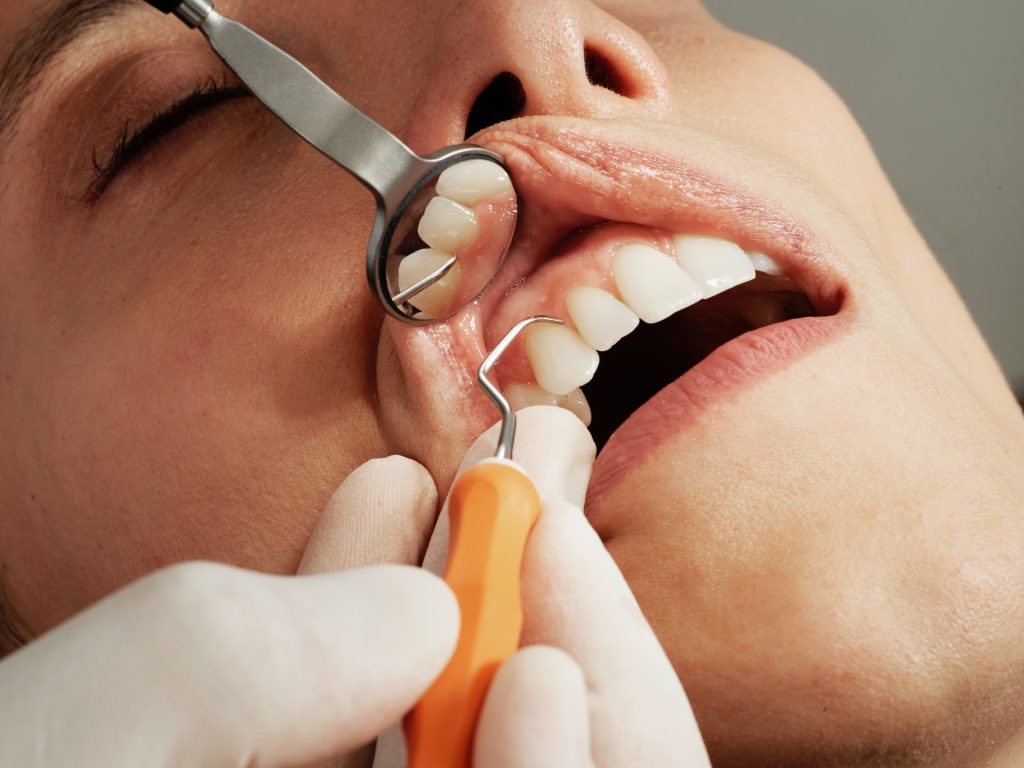
Flossing your teeth at least once a week may be linked to a lower risk of stroke caused by blood clotting and atrial fibrillation, according to a preliminary study to be presented at the American Stroke Association’s International Stroke Conference 2025. The meeting is in Los Angeles, Feb. 5-7, 2025, and is a world premier meeting for researchers and clinicians dedicated to the science of stroke and brain health.
“A recent global health report revealed that oral diseases – such as untreated tooth decay and gum disease – affected 3.5 billion people in 2022, making them the most widespread health conditions,” said study lead author Souvik Sen, MD, MS, MPH, chair of the Department of Neurology, Prisma Health Richland Hospital and the University of South Carolina School of Medicine in Columbia, South Carolina. “We aimed to determine which oral hygiene behaviour – dental flossing, brushing or regular dentist visits – has the greatest impact on stroke prevention.”
The Atherosclerosis Risk in Communities (ARIC) study, one of the first large-scale investigations of this kind in the US, assessed the home use of dental floss through a structured questionnaire of more than 6000 people. Among those who reported flossing, 4092 had not experienced a stroke, and 4050 had not been diagnosed with atrial fibrillation (AFib).
Participants were asked about their status regarding high blood pressure, diabetes, high cholesterol, smoking, body mass index, education, regular brushing and dentist visits. During the 25 years of follow-up, 434 participants were identified as having strokes, of which 147 were larger artery brain clots, 97 were heart-driven clots and 95 were hardening of the smaller arteries. Additionally, 1291 participants were noted to have experienced AFib.
The analysis found:
- Flossing was associated with a 22% lower risk of ischaemic stroke, 44% lower risk of cardioembolic stroke (blood clots traveling from the heart) and 12% lower risk of AFib.
- The associated lower risk was independent of regular brushing and routine dental visits or other oral hygiene behaviours.
- Increasing the frequency of flossing had a greater chance of stroke risk reduction.
- Flossing was also associated with a lower chance of cavities and periodontal disease.
Researchers were surprised by the reduction of irregular heartbeats, or AFib. AFib is the most common form of irregular heartbeat. It can lead to stroke, heart failure or other cardiovascular complications.
“Oral health behaviours are linked to inflammation and artery hardening. Flossing may reduce stroke risk by lowering oral infections and inflammation and encouraging other healthy habits,” Sen said. “Many people have expressed that dental care is costly. Flossing is a healthy habit that is easy to adopt, affordable and accessible everywhere.”
Study limitations include that data were based on answers to a questionnaire, and the 25-year follow-up appears to have focused on stroke and heart outcomes only. There was no follow-up concerning flossing or other oral behaviours over the years, Sen said.
Source: American Heart Association

